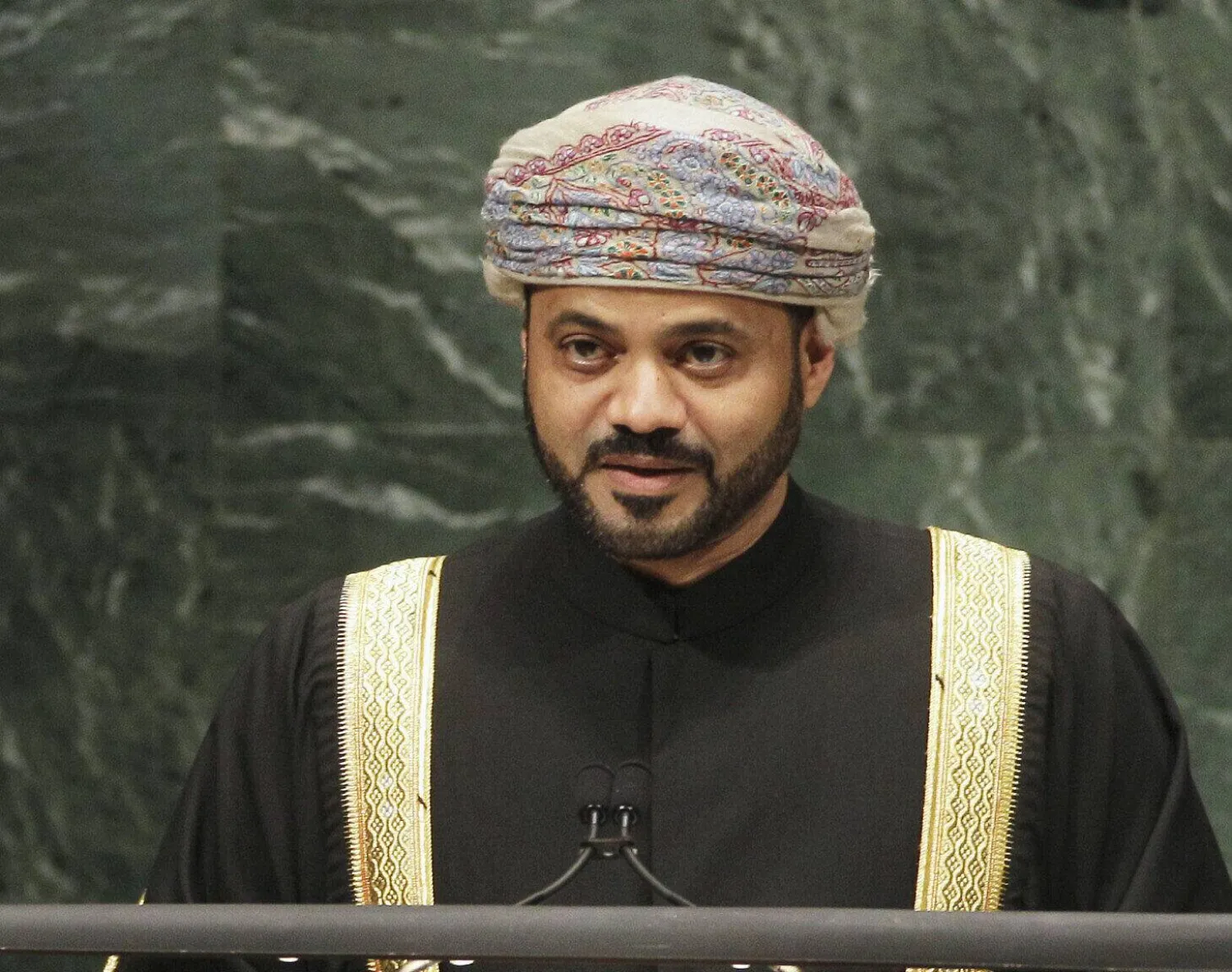Iran and the US are close to finalizing an agreement on releasing US nationals in Tehran, announced Omani Foreign Minister Sayyid Badr al-Busaidi.
"I can say they are close," Busaidi said of the potential prisoner agreement. "This is probably a question of technicalities."
"They need a framework [and] a timeframe of how this should be orchestrated."
Earlier, Iranian Foreign Ministry spokesman Nasser Kanaani said in a press conference that his country held indirect talks with the US through Omani mediation, denying that they were "secret."
Kanaani announced that mediators are also negotiating the issue of exchanging prisoners if Washington showed "seriousness and goodwill."
Busaidi said Wednesday that there is a "positive atmosphere" surrounding the nuclear issue, adding that Muscat believes the Iranian leadership is serious about reaching an agreement.
The United States and Iran denied reports of an "interim agreement."
The US released $2.7 billion of Iran's frozen assets in Iraq for humanitarian goods.
However, US State Department spokesman Matthew Miller denied that the move was part of the deal with Tehran, asserting that the measure goes back a few years, and the funds have been transferred out of the restricted accounts to pay only for humanitarian and other non-sanctionable transactions.
In Tehran, a lawmaker revealed indirect informal negotiations on prisoners swap are ongoing between Iran and the US, the second confirmation of its kind by an Iranian legislator within a week.
Member of the Iranian parliament's National Security and Foreign Policy Committee, Fada Hossein Maleki, confirmed to state television the informal negotiations without mediation with the US, which are held upon the need.
The lawmaker referred to informal direct negotiations regarding releasing Iran's frozen assets.
He said the negotiations included the release of Iran's frozen assets, and the release of detained US citizens, saying Iran agreed to the issues.
Iranian deputy Mojtaba Tavangar said the US special envoy to Iran, Robert Malley, and the Iranian ambassador to the United Nations in New York, Saeed Irvani, held several meetings.
Twanger accused the US administration of obstructing a prisoner release deal because it sought nuclear concessions.
Tavanger confirmed the meetings, saying the US obstructions failed the prisoner exchange deal.
"The US is trying to get more concessions from Iran in nuclear matters in exchange for releasing frozen funds, a policy violating the law and contradictory to Iran's interests," Tavangar added.
Recent reports claimed Tehran had stopped enriching uranium by 60 percent and agreed to release US detainees in exchange for releasing its frozen assets with the International Monetary Fund (IMF), South Korea, and Iraq, estimated at $27 billion.









